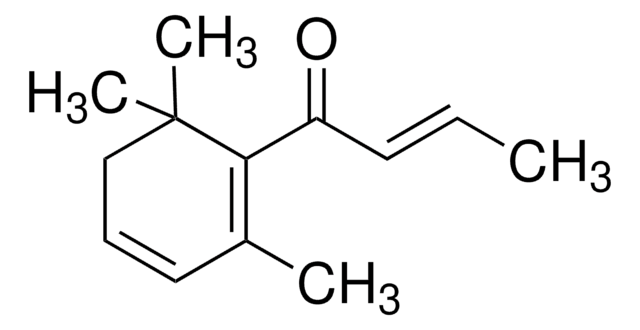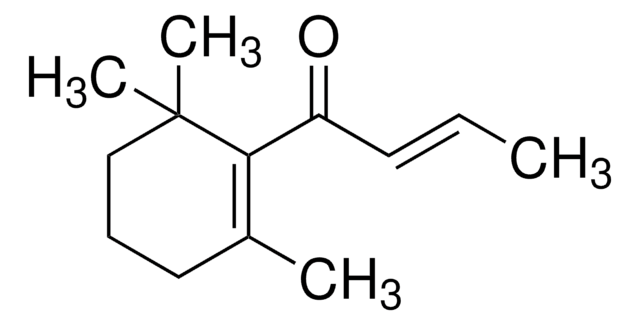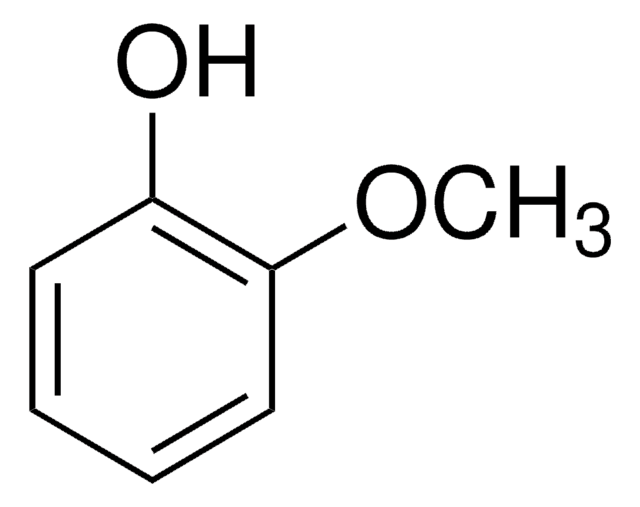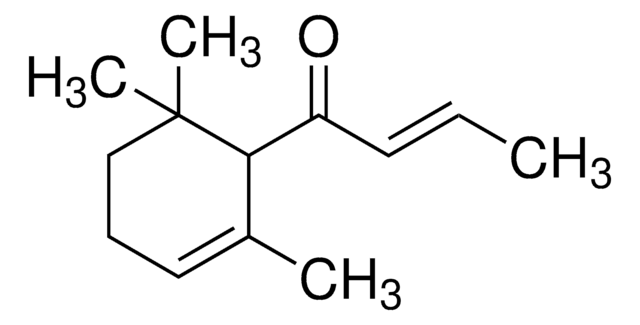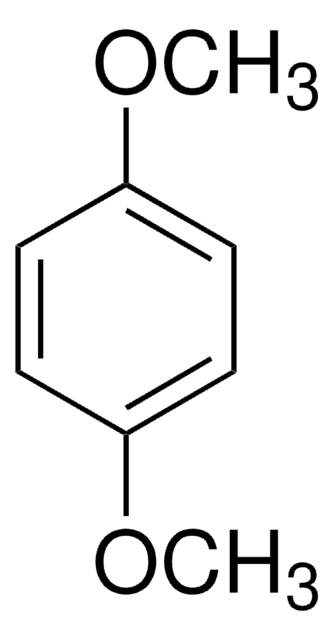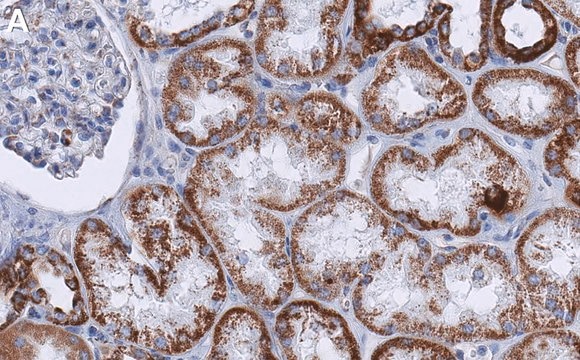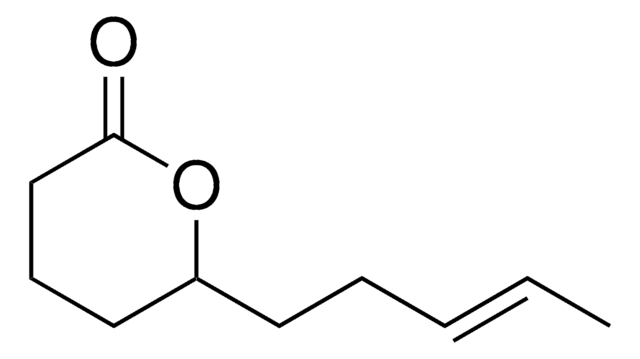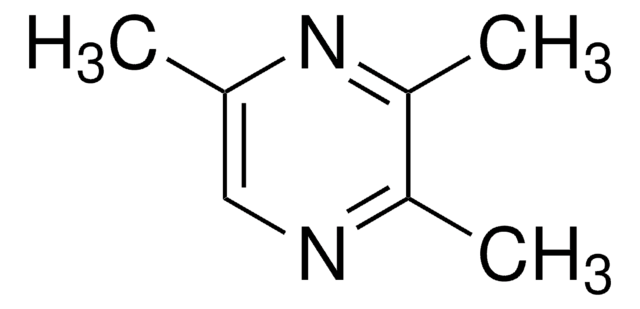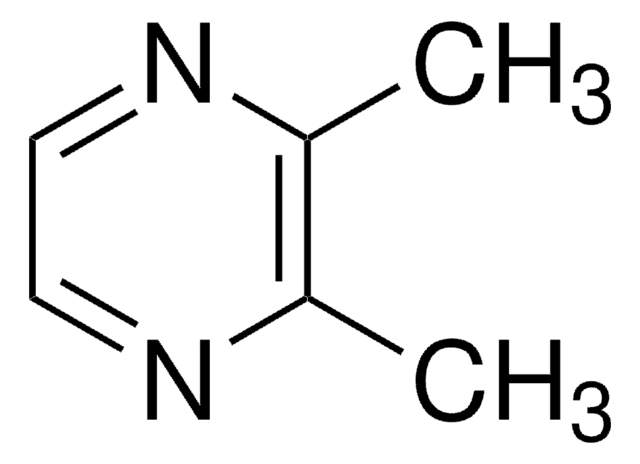W342017
Damascenone
natural, 1.1-1.4 wt. % (190 proof ethanol), FG
Synonym(s):
β-Damascenone, 1-(2,6,6-Trimethylcyclohexa-1,3-dien-1-yl)-2-buten-1-one
About This Item
Recommended Products
grade
FG
Fragrance grade
Kosher
natural
Quality Level
agency
follows IFRA guidelines
reg. compliance
EU Regulation 1223/2009
EU Regulation 1334/2008 & 872/2012
FDA 21 CFR 110
form
liquid
concentration
1.1-1.4 wt. % (190 proof ethanol)
color
yellow
refractive index
n20/D 1.350-1.380 (lit.)
density
0.800-0.830 g/mL at 25 °C (lit.)
application(s)
flavors and fragrances
documentation
see Safety & Documentation for available documents
food allergen
no known allergens
fragrance allergen
no known allergens
organoleptic
apple; smoky; herbaceous; nutty; citrus; woody; rose; wine-like
storage temp.
2-8°C
SMILES string
C\C=C\C(=O)C1=C(C)C=CCC1(C)C
InChI
1S/C13H18O/c1-5-7-11(14)12-10(2)8-6-9-13(12,3)4/h5-8H,9H2,1-4H3/b7-5+
InChI key
POIARNZEYGURDG-FNORWQNLSA-N
Looking for similar products? Visit Product Comparison Guide
Related Categories
General description
Application
Biochem/physiol Actions
Other Notes
signalword
Danger
hcodes
Hazard Classifications
Eye Irrit. 2 - Flam. Liq. 2 - Skin Sens. 1
Storage Class
3 - Flammable liquids
wgk_germany
WGK 2
flash_point_f
60.8 °F - closed cup
flash_point_c
16 °C - closed cup
ppe
Eyeshields, Faceshields, Gloves, type ABEK (EN14387) respirator filter
Certificates of Analysis (COA)
Search for Certificates of Analysis (COA) by entering the products Lot/Batch Number. Lot and Batch Numbers can be found on a product’s label following the words ‘Lot’ or ‘Batch’.
Already Own This Product?
Find documentation for the products that you have recently purchased in the Document Library.
Customers Also Viewed
Our team of scientists has experience in all areas of research including Life Science, Material Science, Chemical Synthesis, Chromatography, Analytical and many others.
Contact Technical Service